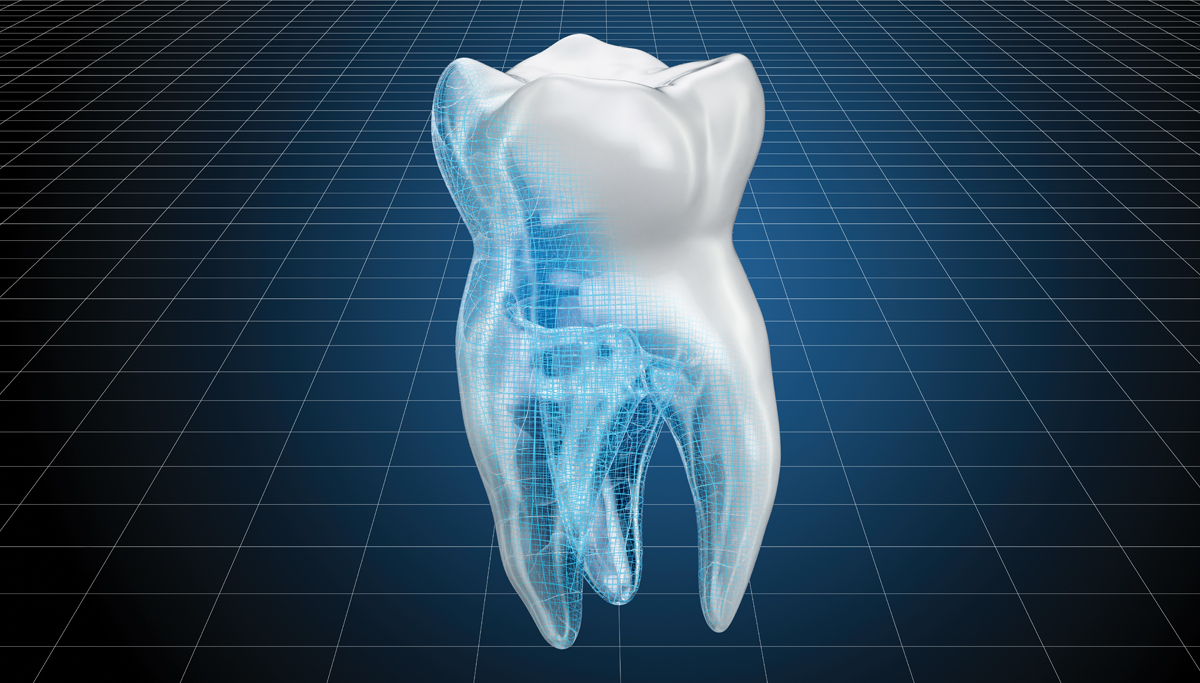Why you might not have wisdom teeth
Readers ask, we answer:
What happens if my wisdom teeth don’t grow in?
Great question! Most adults’ wisdom teeth will begin to appear between ages 17 to 21.
While getting wisdom teeth removed is a common rite of passage for those in their late teens and early twenties, some people never need them removed.
Most people have four wisdom teeth — two on top and two on the bottom — but it is completely normal to not develop one or all wisdom teeth, and it isn't something to cause great concern.
Fun fact:
They’re called wisdom teeth because they come in at a more mature age.
It’s more common than you think for some people to never have wisdom teeth — between 5% and 37% of people worldwide never develop wisdom teeth.1 Genetics can be a big factor. So, if one or both of your parents never had wisdom teeth appear, you might not either.
If you don't see them in your mouth, an X-ray from your dentist can reveal if you have wisdom teeth or not. If you do, you'll see them on the X-ray, still under your gums and not yet erupted. Your dentist will refer to your wisdom teeth as "impacted" if there is not enough room for your tooth or teeth to erupt normally. Your wisdom teeth are considered “erupted” if they have broken through your gums. Dentists will often refer to impaction or eruption by degree, such as “partially” or “fully” impacted or erupted.
Sometimes wisdom teeth can remain impacted without any issue at all. If they aren’t causing issues, your dentist will likely continue to monitor their health and may recommend removal at some point in the future.
Impacted wisdom teeth, explained
Impacted wisdom teeth don’t always cause symptoms right away, or at all. If symptoms are experienced, they may start when those teeth begin to damage other teeth or become infected.
Symptoms of infected wisdom teeth can include:
-

Bad breath
-

Red, swollen or bleeding gums
-

Jaw pain
If left untreated, impacted wisdom teeth can cause more serious oral health conditions such as:
-

Cysts
-

Tooth decay
-

Damage to other teeth
-

Gum disease
-

Pain from shifting teeth
Overall, it is completely normal to not have wisdom teeth emerge. Get regular dental checkups so your dentist can monitor your oral health, including wisdom teeth. If you experience any discomfort or other changes between checkups, call your dentist.
Have a question you’d like us to answer? Send it to grin@deltadental.com, and it could be featured in an upcoming issue.
1Dental Research Journal






